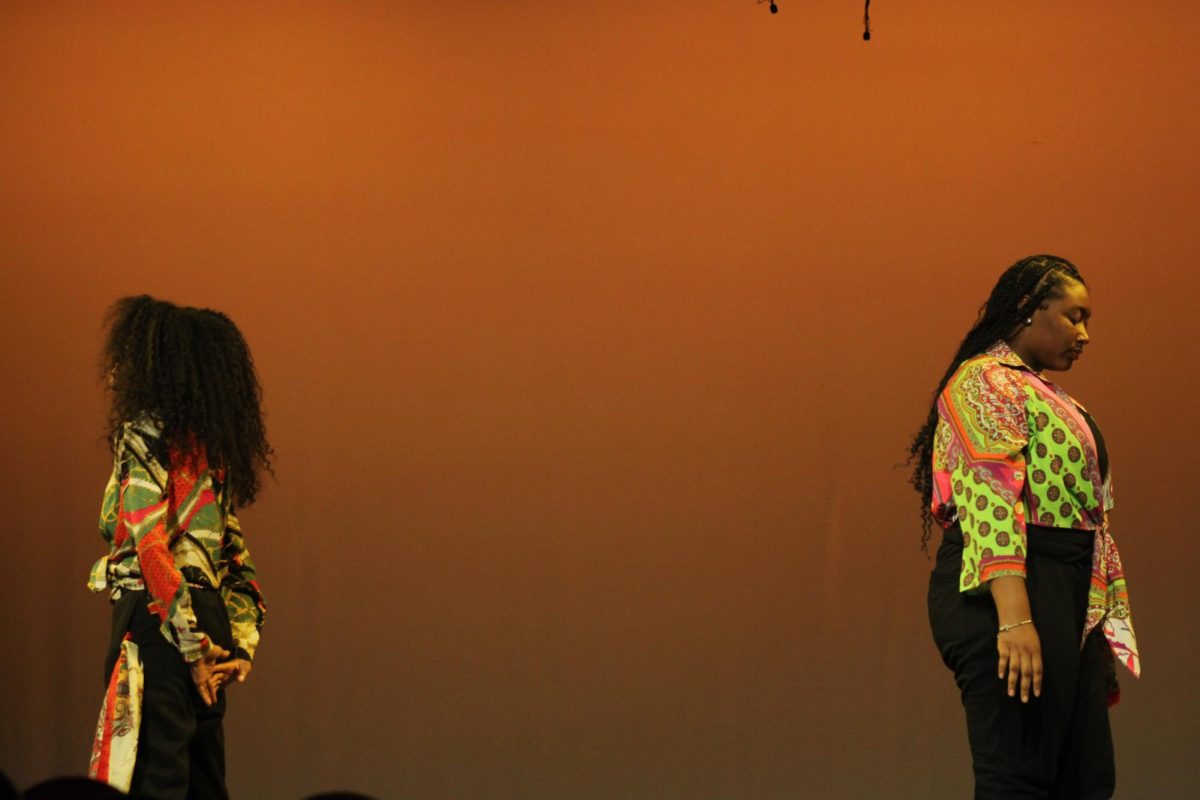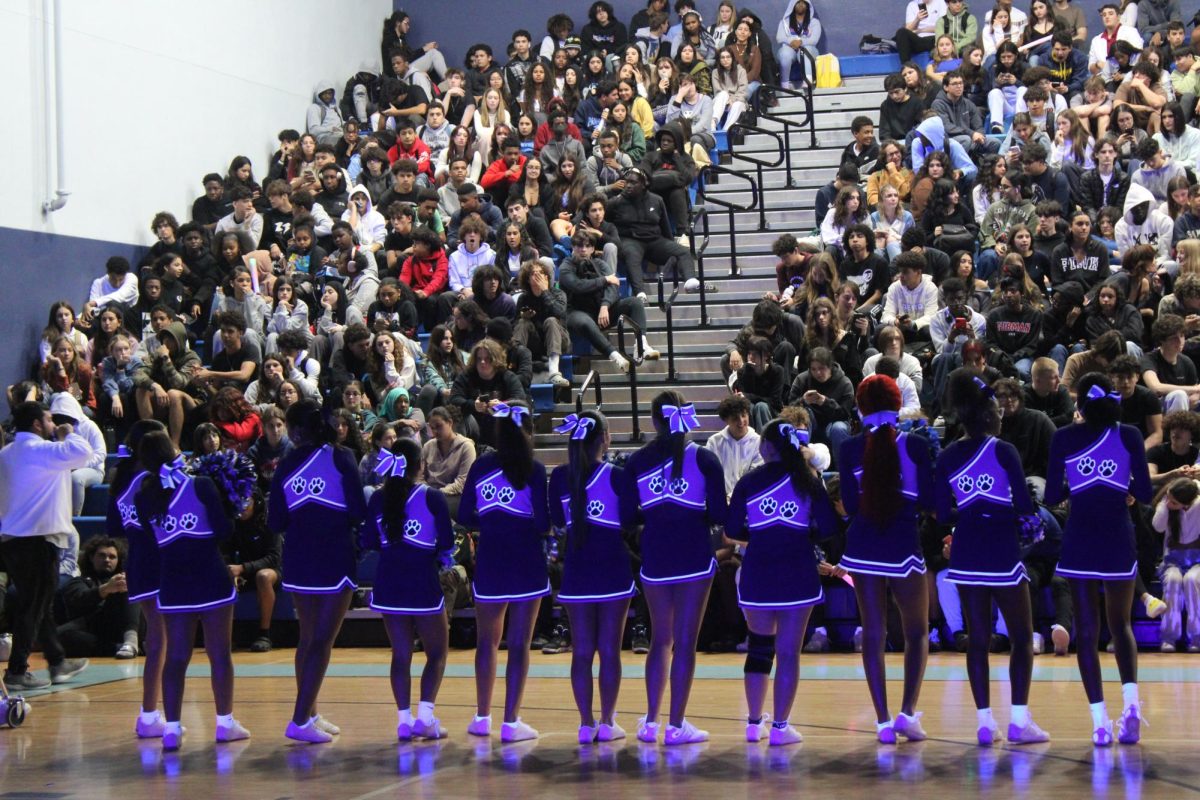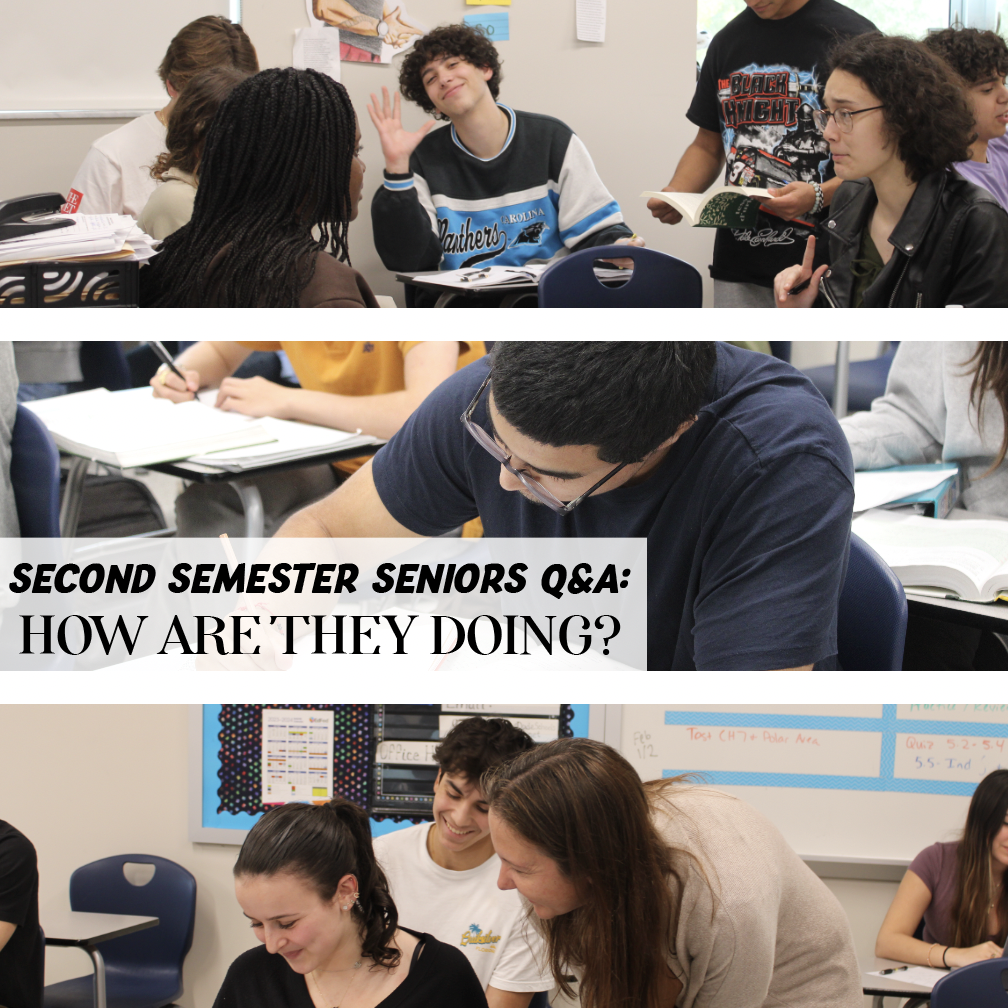The nation recently recognized the 10-year anniversary of the September 11 attacks, which took 2,819 people from this world. These strikes damaged our country emotionally, but what about economically?
The economic loss to New York the month after 9/11 was $105 billion. Al-Qaeda’s attacks, initiated against the process of globalization, drained America of funds for topics outside of security, war and reconstruction. The reconstruction came in the form of a 9/11 memorial, which opened on September 11, 2011. This memorial was one of numerous projects undertaken because of 9/11.
When the Internet emerged in the mid to late 1990s, people expected that the “Dot Com bubble” would eventually burst. Skepticism skyrocketed and the stock market plummeted. The NASDAQ, an American stock exchange, crashed in March 2000. In an effort to alleviate the stock market, the Federal Reserve continually increased interest rates. Plus, the gross domestic product (GDP), in the third quarter of 2000, grew at its lowest rate since 1991.
But when the terrorist attacks arrived, the economic recession already neared its close. By November 2001, it had concluded; however, America’s troubles had only just begun.
The United States attacked Afghanistan on October 7, 2001. In 2003, the White House initiated war with Iraq. The wars combined have cost near $1.3 trillion. Then, in 2008, the nation economically stumbled even further.
The banks began handing out loans with low, adjustable interest rates left and right. Unemployed persons also received loans, which they usually couldn’t afford. People purchased real estate in the hopes of generating profit from the future sale of property. But when the stock markets collapsed, the banks adjusted the rates. Hence, many mortgages defaulted and the banks took charge of millions of foreclosed homes, which they sold inexpensively to regain revenue.
Today, Americans continue to struggle through this recession-turned-depression.
“I know I’m really lucky to have a job in this economy,” senior Rachel Lee said. “I have friends who have been looking for jobs for months but can’t get hired because the economy is so bad.”
With a cyclical economy, the U.S. sees periods of depression followed by periods of peak. This process is also called natural oscillation. While some critics fear that this depression will hold, some Palmetto students think the economy will turn around.
“I’m optimistic [about the future] because economies of the past have suffered only to recover,” sophomore Arieo Ben-David said. “I feel like the U.S. will do the same.”







